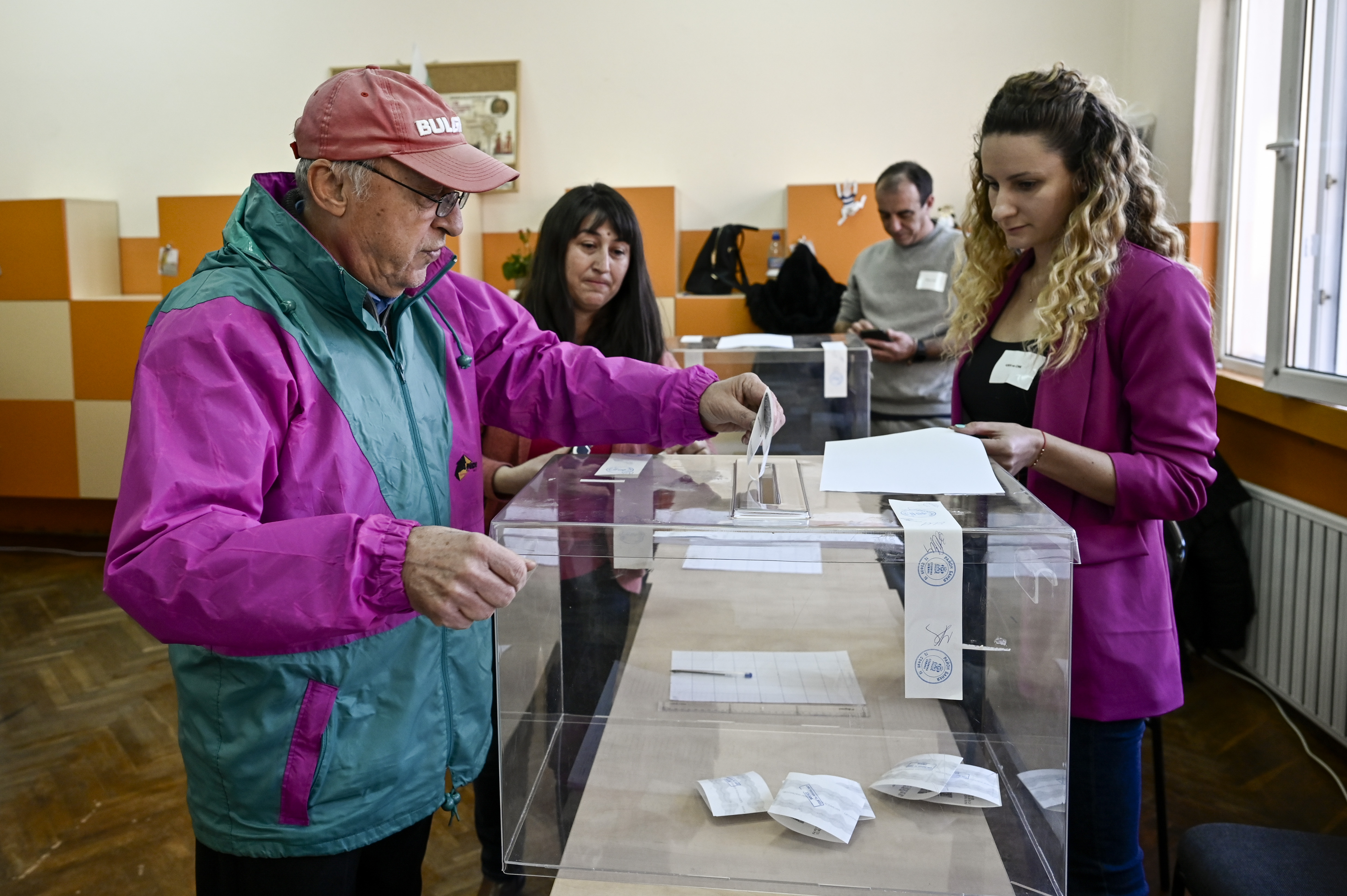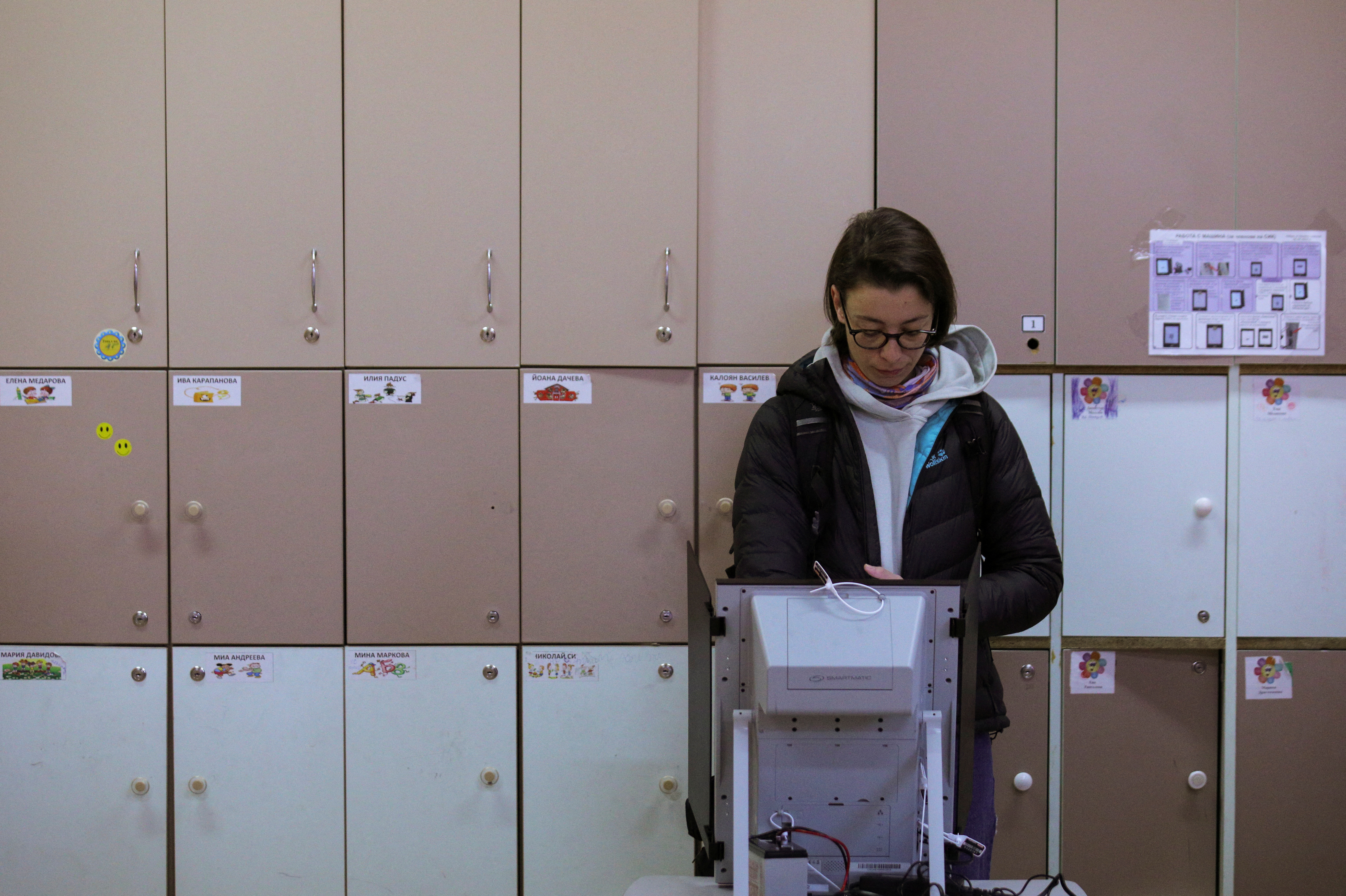
Bulgarians are casting their ballots in the fifth general election in two years, hoping to end political instability and help overcome the economic woes fuelled by the war in Ukraine.
Polling stations opened at 7am local time (04:00 GMT) on Sunday. Initial exit poll results will be announced after polls close at 8 pm (17:00 GMT) and preliminary results are expected on Monday.
Turnout is expected to be low due to voters’ apathy and disillusionment with politicians, who have failed to form stable governments and deliver governance in one of the poorest and most corrupt European Union member states.
Russia’s invasion of its western neighbour has deepened the political crisis that has engulfed Bulgaria since 2020, the worst instability since the fall of communism.
The nation of 6.5 million people is a member of the EU and NATO, but also has close historical and cultural ties with Russia.

The country witnessed massive anti-corruption rallies three years ago, but contrary to protesters’ hopes of a cleanup in public life, the demonstrations triggered a series of elections.
Moreover, in the last days before the vote, a wave of bomb threats targeted schools that are hosting polling stations for Sunday’s election.
Cybersecurity experts attributed the threats to hacker groups engaged in hybrid attacks most likely linked to Russia and aimed at creating fear and reducing voter turnout.
“It looks like people really understand that this is a serious moment for the country and that waiting another six months for another caretaker government is not going to change the results much, but rather make space for people who try to insert third countries’ agenda into Bulgarian policy,” Vessela Tcherneva, vice director of European Council of Foreign Relations and head of its Sofia office, told Al Jazeera.
“Everybody who votes hopes this election will bring an end to the stalemate…, it’s now time to get a regular government,” Tcherneva added.
‘Time politicians united’
The latest polls put conservative leader Boyko Borissov’s GERB party neck and neck with the reformist We Continue the Change (PP), led by Harvard-educated Kiril Petkov, who was briefly prime minister in 2022.
Borissov, whose decade in office was tainted by allegations of corruption, lost power in 2021.
Both have about 25 percent support.
This time, the PP has joined forces with a small right-wing coalition called Democratic Bulgaria.
Up to seven groups could muster the four percent threshold to enter a fragmented parliament where populist and pro-Russia parties are likely to increase their representation and promote anti-EU politics.
The ultranationalist Vazrazhdane party, which defends the Kremlin’s war, stands to gain some 13 percent of the votes, according to polls, up from the 10 percent it won at the last general election in October.
The socialist BSP, the successor of Bulgaria’s Communist Party, has also sided with Moscow and objects to sending weapons to Ukrainian forces.







